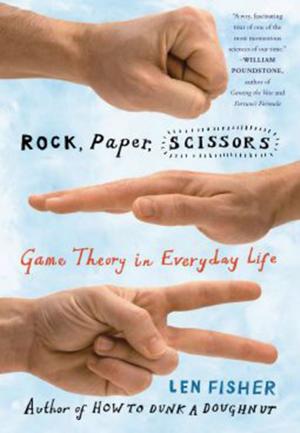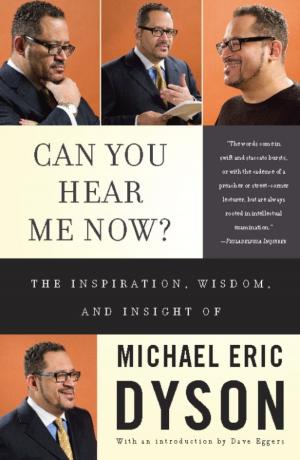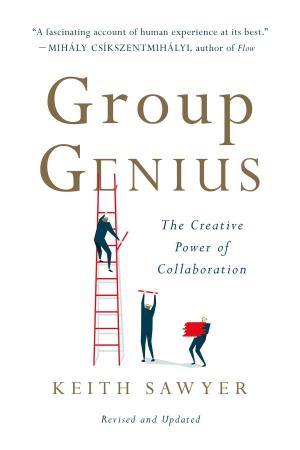The Math Instinct
Why You're a Mathematical Genius (Along with Lobsters, Birds, Cats, and Dogs)
Nonfiction, Science & Nature, Science, Biological Sciences| Author: | Keith Devlin | ISBN: | 9780786736188 |
| Publisher: | Basic Books | Publication: | April 29, 2009 |
| Imprint: | Basic Books | Language: | English |
| Author: | Keith Devlin |
| ISBN: | 9780786736188 |
| Publisher: | Basic Books |
| Publication: | April 29, 2009 |
| Imprint: | Basic Books |
| Language: | English |
There are two kinds of math: the hard kind and the easy kind. The easy kind, practiced by ants, shrimp, Welsh Corgis - and us - is innate. But what innate calculating skills do we humans have? Leaving aside built-in mathematics, such as the visual system, ordinary people do just fine when faced with mathematical tasks in the course of the day. Yet when they are confronted with the same tasks presented as "math," their accuracy often drops. If we have innate mathematical ability, why do we have to teach math and why do most of us find it so hard to learn? Are there tricks or strategies that the ordinary person can do to improve mathematical ability? Can we improve our math skills by learning from dogs, cats, and other creatures that "do math?" The answer to each of these questions is a qualified yes. All these examples of animal math suggest that if we want to do better in the formal kind of math, we should see how it arises from natural mathematics. From NPR's "Math Guy," The Math Instinct is a real celebration of innate math sense and will provide even the most number-phobic readers with confidence in their own mathematical abilities.
There are two kinds of math: the hard kind and the easy kind. The easy kind, practiced by ants, shrimp, Welsh Corgis - and us - is innate. But what innate calculating skills do we humans have? Leaving aside built-in mathematics, such as the visual system, ordinary people do just fine when faced with mathematical tasks in the course of the day. Yet when they are confronted with the same tasks presented as "math," their accuracy often drops. If we have innate mathematical ability, why do we have to teach math and why do most of us find it so hard to learn? Are there tricks or strategies that the ordinary person can do to improve mathematical ability? Can we improve our math skills by learning from dogs, cats, and other creatures that "do math?" The answer to each of these questions is a qualified yes. All these examples of animal math suggest that if we want to do better in the formal kind of math, we should see how it arises from natural mathematics. From NPR's "Math Guy," The Math Instinct is a real celebration of innate math sense and will provide even the most number-phobic readers with confidence in their own mathematical abilities.















